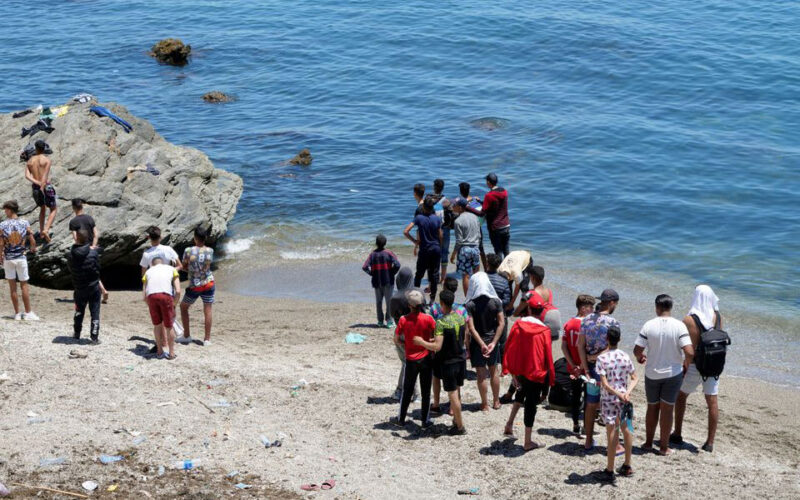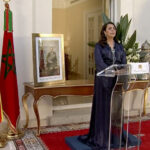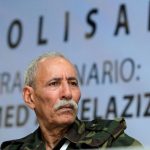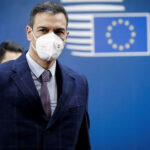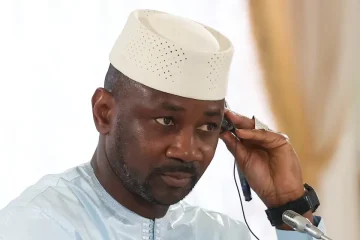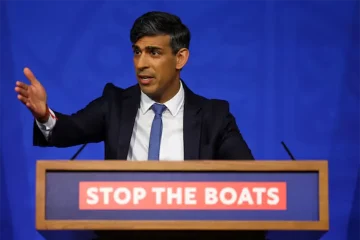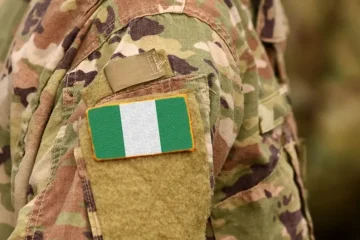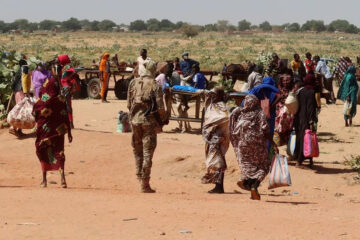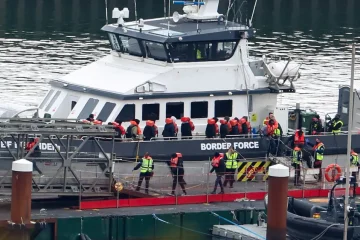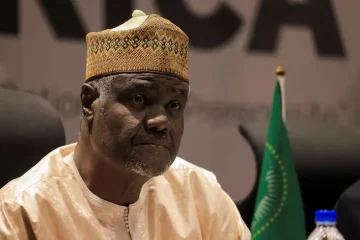MOROCCO’s foreign minister has accused Spain of trying to turn a political crisis between the two countries into an EU problem by focusing on migration and ignoring the root causes.
The row blew up in April after Spain admitted the leader of the Western Sahara independence movement, Brahim Ghali, for medical treatment without informing Rabat, which regards the disputed territory as its own.

Morocco then appeared to relax border controls with Spain’s North African enclave of Ceuta on May 17, leading to an influx of at least 8,000 migrants.
Since then Spain and Morocco have traded accusations of violating good neighbourliness, with Spain saying Morocco used the migrants while Rabat says Spain acted in connivance with “adversaries” of its territorial integrity.
“Spain tries to Europeanise the crisis in order to derail attention away away from the deep causes” of the dispute, Moroccan foreign minister Nasser Bourita told a news conference in Rabat following talks with Hungarian foreign minister Peter Szijjarto.
Spain “cannot fight separatism at home and encourage it in its neighbour,” he said, refering to independence movements in Catalonia and other Spanish regions.
Morocco’s ties with the EU were good, Bourita added.
Ghali’s Algeria-backed Polisario Front is fighting for the independence of Western Sahara, a territory once held by Spain and under Moroccan control since the 1970s.
The United Nations brokered a ceasefire in 1991, with Morocco controlling about four-fifths of the territory. The truce included the promise of a referendum on its status, but that has not taken place due to disagreements over how it should be carried out and who would be allowed to vote.
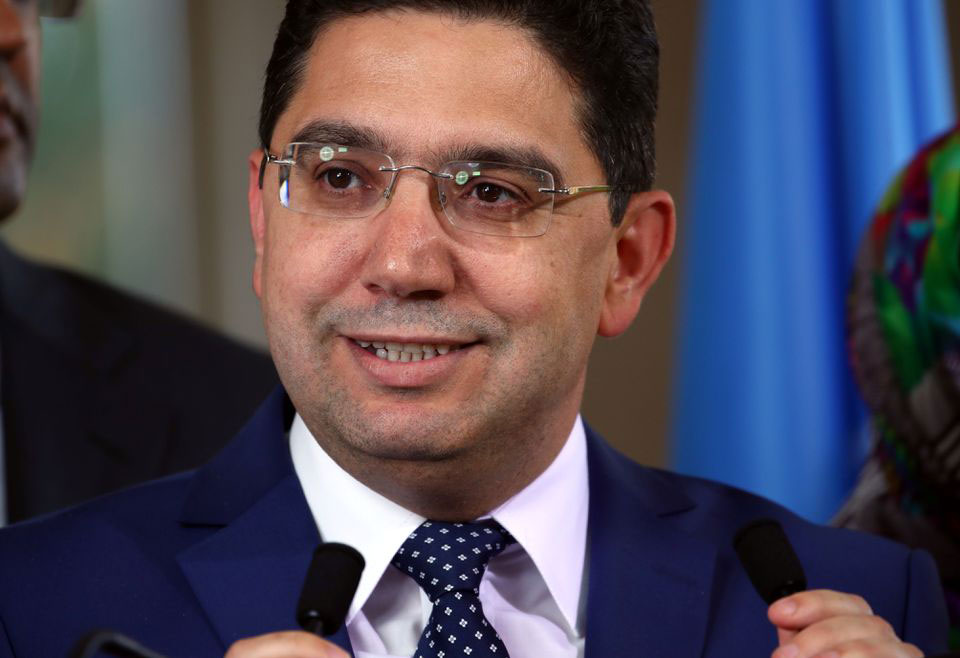
In Madrid on Wednesday, Spanish foreign minister Arancha Gonzalez Laya said Spain supported a solution to the Western Sahara conflict in line with U.N. Security Council resolutions.
“Spain’s position…will not change because it rests on inalienable principles – the defence of multilateralism and the respect of international legality,” she told members of parliament.
Bourita’s statement came as the European Parliament plans to discuss a draft resolution that says Morocco used minors and migrants in the dispute with Spain.
At the height of the migrant influx in Ceuta, the European Union expressed solidarity with Spain, saying that the enclave’s border was a European border. Repeated waves of migrants crossing from Africa into Europe have been a prime concern for the bloc for several years.
Ghali left Spain for Algeria on June 3 after spending more than a month in hospital. He departed after appearing remotely in a hearing with Spanish high court on a war crimes case. The judges allowed him to leave the country.

